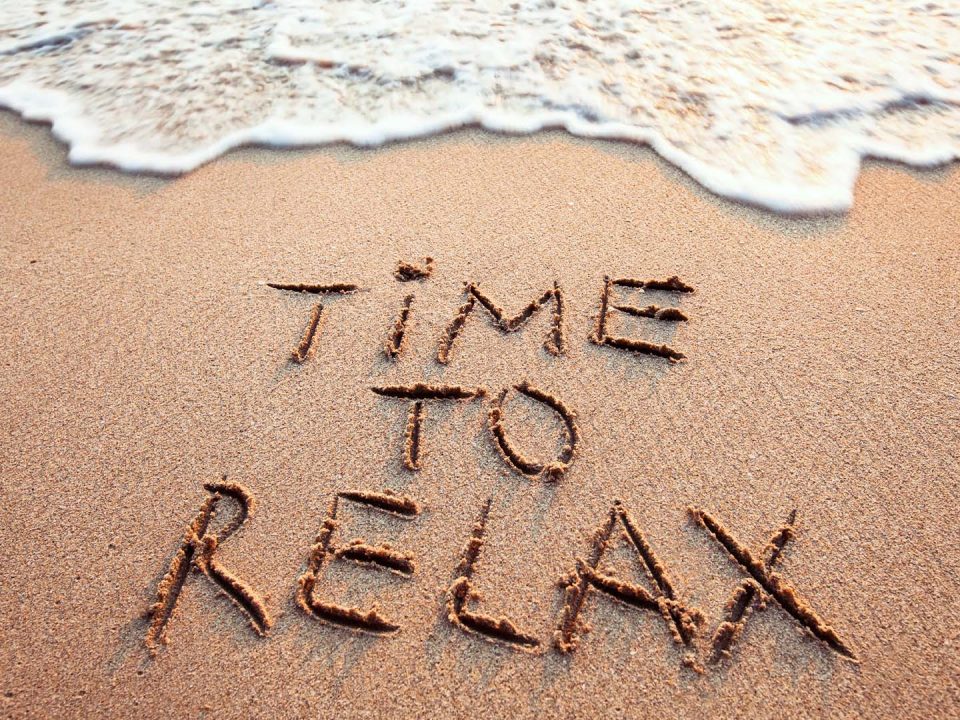Table of contents
- The Connection Between Exercise and Stress Reduction
- Impact of Exercise on Stress Hormones
- The Connection Between Exercise and Stress Reduction
- Impact of Exercise on Stress Hormones
- Long-Term Mental Health Benefits
- Effectiveness of Exercise as a Stress Management Technique
- Physiological Responses to Stress
- Conclusion
Stress and anxiety are on the rise everywhere. More people are feeling overwhelmed and worried. But there's good news: fitness can help. This article will show you how exercise can reduce stress and anxiety. Let's dive in and see how moving your body can calm your mind.
The Connection Between Exercise and Stress Reduction
Exercise is a powerful tool for reducing stress. When you move your body, you help your mind. According to the American Psychological Association's (APA) Stress in America™ survey, 30% of adults and 32% of teens feel less stressed after exercising. This is a significant number. It shows that working out can be a great way to manage stress.
When you exercise, your body releases chemicals called endorphins. These chemicals make you feel good. They can improve your mood and help you relax. Exercise also helps you sleep better, which is important for managing stress.
In addition, exercise gives you a break from daily worries. It allows you to focus on something positive. This mental break can be very refreshing. Plus, achieving fitness goals can boost your confidence. Feeling strong and capable can reduce feelings of stress and anxiety.
So, next time you feel overwhelmed, try going for a walk or a run. It might just be the stress relief you need.
Data Source: American Psychological Association: Exercise: A healthy stress reliever
Impact of Exercise on Stress Hormones
Regular exercise can do wonders for your stress levels. When you work out, your body releases chemicals called endorphins. These endorphins make you feel happier and more relaxed. They are often called the body's natural painkillers.
Exercise also helps lower the levels of stress hormones like cortisol and adrenaline. Studies show that people who exercise regularly have lower cortisol responses to stress. This means they stay calmer in stressful situations.
Harvard Health Publishing explains that exercise helps you manage stress better. It trains your body to handle stress without getting too overwhelmed. The more you exercise, the better your body becomes at dealing with stress.
So, if you're feeling stressed, try going for a run or hitting the gym. It might just be the boost you need to feel better.
Data Source: Harvard Health Publishing: Exercising to Relax
The Connection Between Exercise and Stress Reduction
Exercise is a great way to reduce stress. According to the American Psychological Association, 30% of adults and 32% of teens feel less stressed after exercising.
Data Source: American Psychological Association: Exercise: A healthy stress reliever
Impact of Exercise on Stress Hormones
Regular exercise lowers stress hormones like cortisol and adrenaline. Studies show active people have lower cortisol levels when stressed. Exercise also boosts endorphins, which improve mood.
Data Source: Harvard Health Publishing: Exercising to Relax
Long-Term Mental Health Benefits
Regular vigorous exercise can reduce anxiety and depression. The Anxiety and Depression Association of America found that regular exercise lowers the chance of developing these conditions by 25%.
Data Source: Anxiety and Depression Association of America: Exercise for Stress and Anxiety
Effectiveness of Exercise as a Stress Management Technique
Exercise is more effective for stress management than watching TV or going online. The APA survey shows 62% of adults find exercise very effective, compared to 29% for going online and 33% for watching TV.
Data Source: American Psychological Association: Exercise: A healthy stress reliever
Physiological Responses to Stress
Regular exercisers handle stress better. A study from NCBI shows they have lower heart rates and more emotional resilience compared to non-exercisers.
Conclusion
Fitness is a powerful tool in managing stress and anxiety. Regular exercise reduces stress hormones and boosts mood. It also helps lower the risk of depression and anxiety. Studies show that 30% of adults and 32% of teens feel less stressed after exercising.
Exercise is more effective than watching TV or going online for stress relief. It also makes your body more resilient to stress. People who exercise regularly have lower heart rates and better emotional responses to stress.
Incorporate regular exercise into your routine. It can be as simple as a daily walk or a few minutes of stretching. The benefits are clear and backed by science. Stay active, stay healthy, and manage your stress better.
Future research may uncover even more ways fitness helps with stress. New fitness trends might also offer fresh ways to stay active and stress-free. Keep moving forward on your fitness journey. Your body and mind will thank you.
Data Source:
American Psychological Association: Exercise: A healthy stress reliever
Harvard Health Publishing: Exercising to Relax
Anxiety and Depression Association of America: Exercise for Stress and Anxiety





